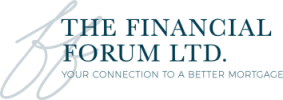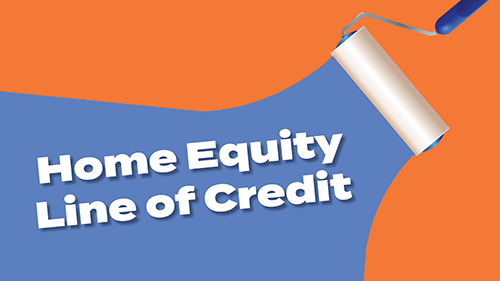If you’re a homeowner, know that house is more than an investment that appreciates year after year. You can use the property as a source of funds when you need them. Using the Home Equity Line of Credit (HELOC) program, you can dip into the accumulated equity of the house in case you need finances, urgently. While the HELOC program can be highly advantageous for a homeowner, you’ll have to fulfill certain conditions before qualifying for the plan. Read ahead and understand what they are:
Conditions for Getting a HELOC
When applying for a HELOC, the provider will assess you for certain qualifying factors.
- You should have a strong credit score.
- You’ll need a good debt to income ratio. Or, you should have a higher income than the debts you owe.
- You should have a fully confirmable source of income to prove that you can repay the loan. You can qualify even if you own a business or earn a regular salary from a secure job. As long as the income is declared, you can get a HELOC. But, if you’re unemployed or don’t have a regular source of income, the lender will need other proof that you can pay up.
- You must own at least 20% of the home equity or you should have paid off at least a fifth of the value of the home. Though, the percentage depends on individual loan providers.
- If you reside in certain urban locations, the minimum equity for qualifying is 25% but this figure can go up to 35%. Typically, HELOC is not available for homeowners in rural areas or farms and specialty estates. This limit is designed to protect loan providers and ensure that borrower has adequate equity before applying for a loan.
- The maximum loan you’re applying for cannot exceed 80% of the equity of the house you own. Lenders calculate this amount by assessing the current market value of the house and deducting the unpaid mortgage amount from it. Here’s an example. Say, your home is worth $300,000 and you’ve paid off $100,000. Accordingly, you can qualify for 80% of the value of the home or $240,000. Since you still owe $200,000, the maximum HELOC you can get is $40,000. The 80% limit safeguards against the possibility of real estate prices dropping or the changing financial status of the borrower.
- You’ll provide copies of all the documents that prove ownership of the house and current mortgage status. In case you’ve taken out second mortgages, the lender will need information about the repayment.
Do keep in mind that these conditions are essential to protect both the lenders and borrowers.
Using HELOC Program has Several Positives
Since you’re getting credit using your home as collateral, not only is it easy to qualify for a HELOC, but you also get other positives. :
- You’ll have access to large amounts of money whenever needed.
- You won’t incur penalties if you wish to pay off the loan sooner.
- Interest rates on the HELOC are lower than the interest charged on credit cards.
- Higher the percentage of equity you own, more favourable will be the interest rates.
Explore the Suitability of the HELOC Before Applying
While the HELOC may seem like a great option when you need funds, explore your reasons before applying. Weigh the pros and cons and understand the alternatives. For instance, if you intend to use the funds to pay for renovations and home improvements that will raise the value of the house, getting the HELOC is a smart move. You could also consider this option if you intend to invest the funds in a business or advancing your educational qualifications. In both cases, you’ll be able to raise your income and get a good return-on-investment.
However, if you intend to use the HELOC to consolidate debt and save on interest, you’ll need to tread carefully. Chances are that you need to budget your income and expenses and identify the reasons why you got into debt in the first place. Getting a HELOC without balancing your finances could lead to a bigger debt that is harder to pay off. Consider opting for the HELOC only if you foresee that the funds can be used wisely and will improve your financial and personal status in the long run.






